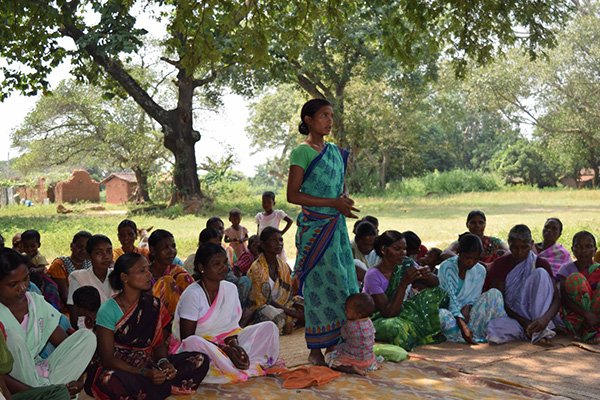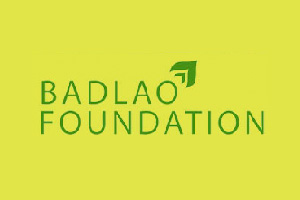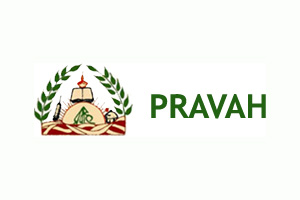Governance and Peace
Initiative for transparent and accountable governance systems in Jharkhand
The five year programme aims to increase and improve the access, delivery and quality of public services aimed at reducing poverty and social exclusion in the state’s four least developed districts - Khunti, Dumka, Pakur and Sahebganj. 
In 2014, Welthungerhilfe started a project called the ‘Initiative for Transparent and Accountable Governance Systems in Jharkhand’. The five-year programme aims to increase and improve the access, delivery and quality of public services aimed at reducing poverty and social exclusion in the state’s four least developed districts – Khunti, Dumka, Pakur and Sahebganj.
Through this European Union co-funded project, Welthungerhilfe has collaborated with five local partners: BADLAO, EKJUT, LEADS, NEEDS and PRAVAH. The project aims to target over 128,000 people in more than 27,000 households. In the first year of its implementation, it focused on assessing the needs of the target group, and on identifying, developing and testing a number of innovations and best practices.
Key achievements
- Pilots on dissemination of information, participatory processes, Management Information Systems (MIS), Participatory Learning and Action (PLA) on mother and childcare, Facility Audits on health and education and Information Communication Technology (ICT) based applications have been implemented.
- The Government of Jharkhand has already approved a module on PLA to train Accredited Social Health Activist (ASHA) workers in addressing behavioural change on health issues relating to adolescent girls, pregnant women and care of the newborn.
- Also, the government has recognized the Mobile for Mother Application (MfM) following intensive engagement over the past two years. The tool developed by partner NEEDS can effectively support the health workers in maintaining records of antenatal care (ANC) and postnatal care (PNC) services. NEEDS is currently rolling out the MfM application in Pakur district of Jharkhand.










